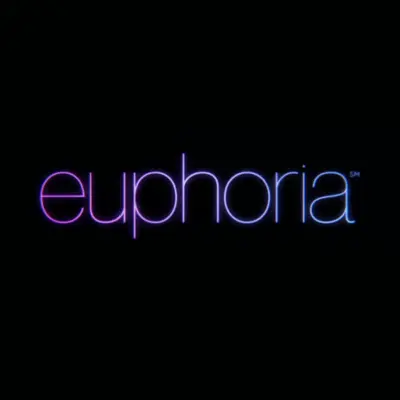Euphoria showed that it got the big picture when it came to Generation Z teens
-

"Euphoria has been compared to Degrassi, but it’s a very different kind of teen show," says Alison Herman. "Where others are guided by the issues, from eating disorders to suicide, they want to address, Euphoria is propelled by the people at its center and what makes them tick: Rue’s substance use in the wake of her father’s terminal illness; Kat’s need to not let her weight define her; Maddy’s compulsion to stay in a relationship she knows isn’t healthy. The show’s remaining weak spots are the characters for whom Euphoria hasn’t fostered a similar understanding, whether Cassie’s good-girl sister Lexi (Maude Apatow) or Fezco’s juvenile sidekick Ashtray (Javon Walton). At least the question is no longer whether Levinson could make these players into more than a precocious prude or kid drug dealer, but whether he’ll choose to. Because it’s a series made by millennials about Generation Z, it’s easy to fact-check Euphoria on the particulars. Would a 2019 high schooler really reference Casino or dress up like a character from True Romance? Is a Bush-era Arcade Fire track really the ideal soundtrack choice for Trump-era emotion? But even if its details can be second-guessed, Euphoria gets the big picture."
ALSO:
- Euphoria tried to wrap up so many storylines that it never reached a satisfying conclusion for any of them: "It’s especially confusing that a show so concerned with aesthetics and art housey direction can’t seem to find its rhythm or make sense of its own structure," says Kayla Kumari Upadhyaya. "Euphoria experiments with form, seen especially in the final sequence—a gorgeous but ultimately hollow choreographed number that turns Rue’s relapse into a twisted ballet—but sometimes that experimentation is erratic and indulgent. Sam Levinson’s direction has an eye, but it lacks skin. There’s no connective tissue outside of the stylization itself. And it isn’t enough to really hold a story together and make it feel lived in. The finale is visually immersive but too chaotic in its narrative for anything to stick."
- Euphoria's season finale is the cultural reckoning of American Beauty: "The HBO drama has flipped the script on the way older men think about younger women," says Julia Lynn Rubin, adding. "It’s dark and satirical, but unlike its equally visually stunning predecessor — American Beauty — Euphoria is more concerned with deconstructing the male gaze than bizarrely pandering to it. And unlike (Mena Suvari's) Angela, the Euphoria girls are awarded complex points of view."
- Euphoria may be the ultimate Instagram-generation show: "Not only because of the age group on which it focuses but because of its approach," says Jen Chaney. "Every detail in every frame seems designed to dazzle: the shiny stars and baubles that accent Jules and Rue’s glittery eye shadow; the trippy way it careens, especially in the finale, from one scene to the next; the audacity of closing with that Zendaya musical number. Euphoria was fixated in every episode on how it presented the surfaces of things, as are today’s teens (and for that matter, today’s adults, too). It took longer for it to drill down and get to the realness underneath all that sheen."
- The media hoopla over Euphoria begs the question: "Do we actually care to know what real life teenagers are going through?" says Tirhakah Love. "While some of us have just resolved to call it a young adult show, the confusion — as well as our obsession with genre — does concretize the show’s strength: revealing the generational divide to be a fraudulent demarcation separating young folks from heavy conversations that they should very much be involved in."
- HBO whiffed on another finale: "To be quite clear, this was nothing compared to the absolute disaster that was the Game of Thrones finale," says Liam McKeone. "But Euphoria‘s final episode was a letdown. It set up a half-dozen new plot points, but still didn’t answer any of the questions they had built up over the previous seven episodes...Overall, it felt like it should have been the penultimate episode of the season."
- Explaining Euphoria's Season 1 ending
- Hunter Schafer on the season finale: "It messes with me to see my friends in pain and I can’t do anything"
- Trans actresses are blown away by Hunter Schafer's performance as Jules
- How did Sydney Sweeney end up on so many the buzzworthy projects?
- Jacob Elordi can "feel the humor in the hate" after seeing Nate memes
- Storm Reid and Maude Apatow talk Season 1’s lesson in empathy
- How costume designer Heidi Bivens found a particular style for each character
- Music supervisor Jen Malone worked from September through May getting all of Euphoria's music cleared
TOPICS: Euphoria, HBO, Degrassi: The Next Generation, Heidi Bivens, Hunter Schafer, Jacob Elordi, Jen Malone, Sam Levinson, Sydney Sweeney, Zendaya, Costume Design, Music and TV, Teen TV
More Euphoria on Primetimer:
